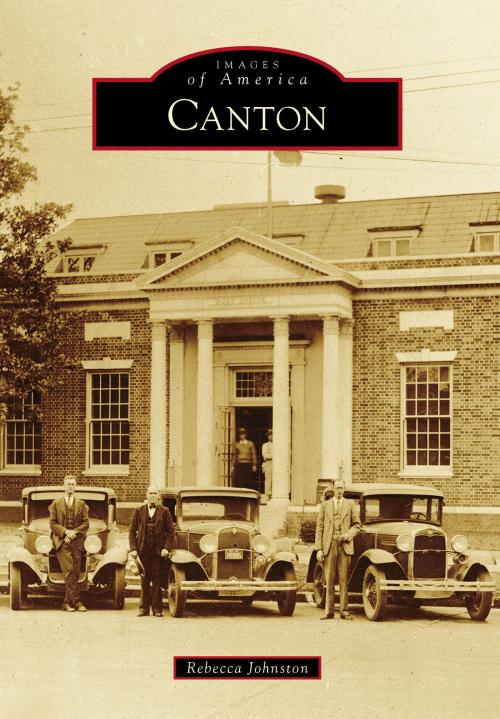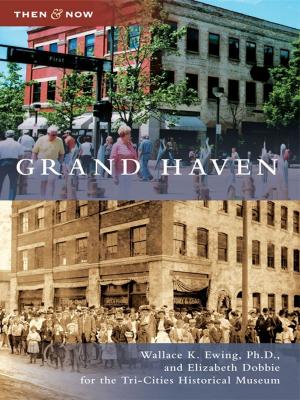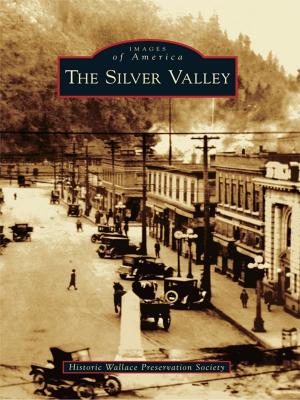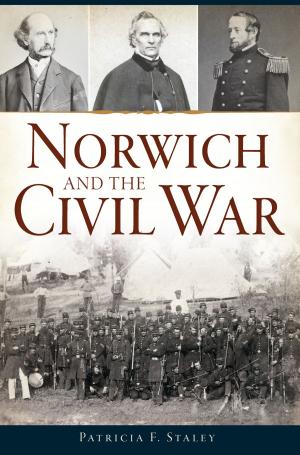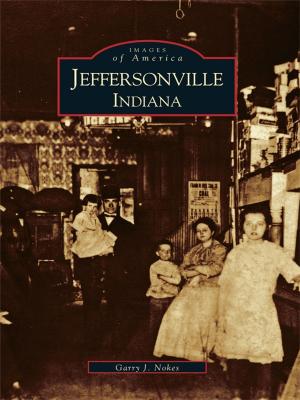| Author: | Rebecca Johnston | ISBN: | 9781439651315 |
| Publisher: | Arcadia Publishing Inc. | Publication: | May 11, 2015 |
| Imprint: | Arcadia Publishing | Language: | English |
| Author: | Rebecca Johnston |
| ISBN: | 9781439651315 |
| Publisher: | Arcadia Publishing Inc. |
| Publication: | May 11, 2015 |
| Imprint: | Arcadia Publishing |
| Language: | English |
Chartered on December 24, 1833, Canton was the county seat of the fledging Cherokee County, which the Georgia Legislature created two years earlier from Cherokee Indian Territory. Situated in a wide curve of the Etowah River, Canton was ideally located to become the economic, social, and educational center of the region. The earliest white settlers had already started arriving in the area, lured by the discovery of gold, state lotteries offering free land, and abundant natural resources. Early residents like William Grisham, Judge Joseph Donaldson, and John P. Brooke quickly established themselves as leaders of the new town. As Canton thrived, it became home to men like Joseph Emerson Brown, who later served as Georgia's governor during the Civil War--a distinction that led to the town being mostly burned by Sherman's troops. By the early 1900s, the railroad brought a new prosperity, a cotton mill was flourishing, and Canton was set to enjoy the next century as a center of government, banking, and commerce.
Chartered on December 24, 1833, Canton was the county seat of the fledging Cherokee County, which the Georgia Legislature created two years earlier from Cherokee Indian Territory. Situated in a wide curve of the Etowah River, Canton was ideally located to become the economic, social, and educational center of the region. The earliest white settlers had already started arriving in the area, lured by the discovery of gold, state lotteries offering free land, and abundant natural resources. Early residents like William Grisham, Judge Joseph Donaldson, and John P. Brooke quickly established themselves as leaders of the new town. As Canton thrived, it became home to men like Joseph Emerson Brown, who later served as Georgia's governor during the Civil War--a distinction that led to the town being mostly burned by Sherman's troops. By the early 1900s, the railroad brought a new prosperity, a cotton mill was flourishing, and Canton was set to enjoy the next century as a center of government, banking, and commerce.
